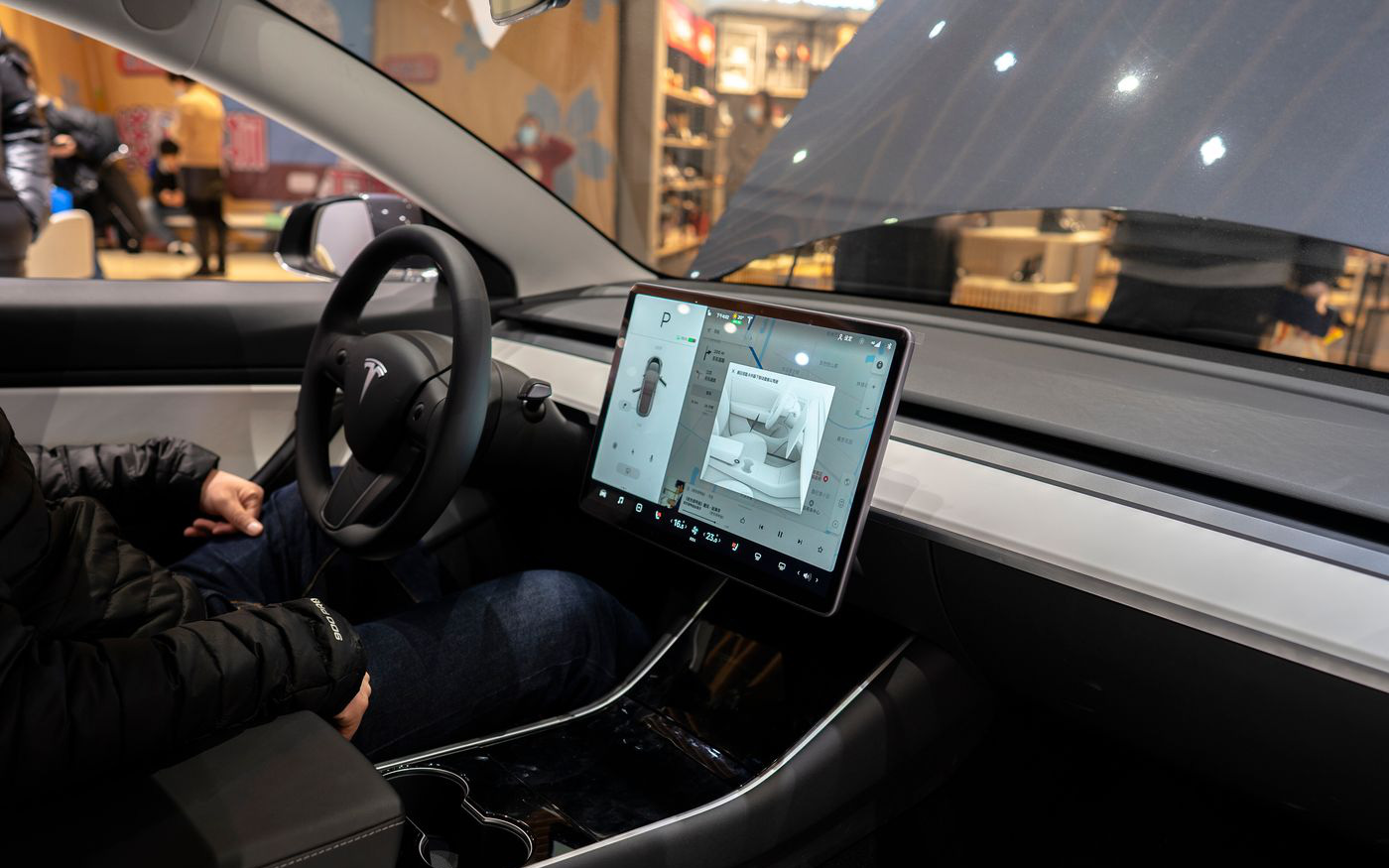According to analyst forecasts, Tesla will likely produce about 80% more vehicles in 2021 than last year and record the fastest annual output growth rate since 2018. Due to supply chain disruptions, the global auto industry is expected to produce 1% more vehicles than last year and 15% less than in 2019.
Tesla was able to keep the production line running in part by relying on in-house software engineering. This is what makes the company more adept than many rivals in dealing with semiconductor shortages, according to industry executives and consultants.
Faced with a shortage earlier this year, for example, Tesla quickly rewrote the software needed to integrate replacement chips into the cars it manufactures, according to CEO Elon Musk.

Semiconductor industry executives and consultants say Tesla, still a relatively young company, has the advantage of designing its own vehicles from the ground up, rather than having to “patch it up” ” parts for decades as many older manufacturers have done.
In Model 3, only a single group of semiconductors enables features such as speaker control, speech and behavior recognition, while many other vehicles require more chips to operate other features. each other, according to a study by Bain & Co.
Ganesh Moorthy, CEO of Microchip Technology Inc., said electric vehicle-focused manufacturers benefit from having their “source” in technology rather than traditional manufacturers.
Traditionally, traditional automakers let chip suppliers do their sourcing. Some analysts and industry executives say that Musk’s focus on in-house production means Tesla has better access to the supply chain in some areas. For example, Tesla has designed a computer capable of supporting more advanced self-driving technology in newer vehicles.
Meanwhile, the chip shortage that has been going on since the end of 2020 has caught automakers by surprise. According to consulting firm AlixPartners, companies this year are expected to produce about 77 million vehicles globally, down about 9% from expectations in January.
However, Tesla is still not “immune” to supply chain problems. The company had to temporarily close its factory in Fremont because of a lack of spare parts. According to a source close to the matter, they have solved this situation by producing cars with some missing parts and will add them later.
Due to the chip shortage, Musk said Tesla also had to delay the launch of some new models. Electric pickups and trailers will go into production in 2022 and 2023, when previously scheduled for this year.
Now, the popularity of electric vehicles and Tesla’s rising valuation have made the company an extremely valuable customer for a number of parts suppliers.
Dan Sharkey, an attorney in Detroit who represents auto suppliers, said some of his clients are willing to provide Tesla with service that other manufacturers don’t. He said: “They think they’re capturing a rising star and Tesla’s relatively low output will benefit them.”
Tesla is gearing up to meet its goal of increasing vehicle sales by 50% from a total of nearly half a million units last year. In the first nine months of this year, Tesla delivered 627,000 vehicles to customers. Tesla’s relatively small size and increased demand for electric vehicles have helped it maintain its growth rate. The company also prioritizes delivering cars to customers, even though some parts are missing.
Mo Siddiqui, who lives in Hamburg (Germany), said he received a message from Tesla earlier this month that due to supply chain issues, the Model Y he purchased could be delivered without a USB port or function. wireless phone charger. Siddiqui said he can totally accept this.
Refer to WSJ
.